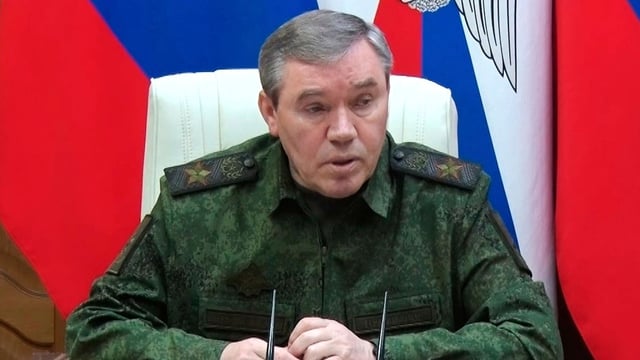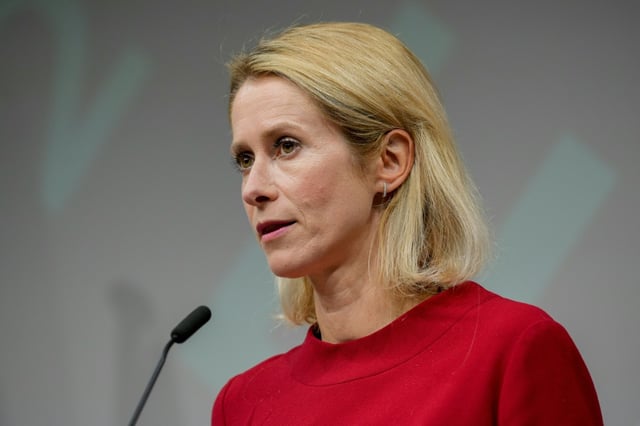Overview
- At an informal meeting in Copenhagen, ministers held a formal discussion but left the assets immobilized in line with European Council guidance.
- EU foreign policy chief Kaja Kallas said the funds should not be returned if Moscow fails to pay reparations for war damage in Ukraine.
- Belgium cited international-law protections and financial stability risks, noting about €190 billion sits at Euroclear, with Germany, France and Italy backing a cautious approach.
- Interest earnings of roughly €2–3 billion a year have funded Ukraine indirectly, now securing and repaying a $50 billion G7 loan package.
- Lithuania and Estonia urged rapid seizure, while a Lithuanian idea for an EU-led special-purpose vehicle gained traction as Economic Commissioner Valdis Dombrovskis readies a proposal.

